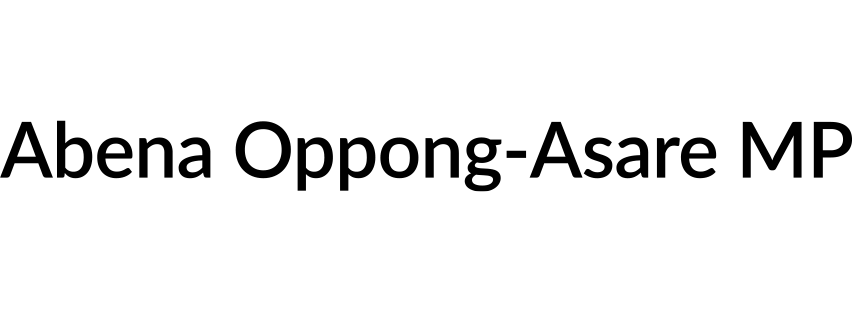London Challenge Poverty Week – we must act now
This week is London Challenge Poverty Week and it is, unfortunately, clear to see that London, alongside the rest of England, is moving backwards in tackling poverty.
In Erith and Thamesmead 41% of children are growing up in poverty which has a devastating long-term impact on children’s mental, physical and education well-being. This cannot be acceptable, and it cannot be ignored.
In 2019, Professor Philip Alston, United Nations Special Rapporteur on extreme poverty and human rights, found that millions of people in the UK are struggling to access their basic human rights, highlighting how so many have been forced into extreme poverty. The report found that women, disabled people and children are disproportionately impacted by poverty.
The impacts of long ignored poverty have been felt even harder during COVID-19 and it is clear that the most vulnerable in society are being hit the hardest. I released a report in August detailing the impacts of COVID-19 on protected characteristics in Erith and Thamesmead after receiving hundreds of emails from people seeking help.
One constituent emailed me due to facing the risk of eviction, they said:
“I am writing this email seeking for support regarding housing because myself and my son are being threatened with homelessness.
I have been going through some housing issues with my landlord’s son since last year who requested that I vacate the property… I was then issued with a Section 21 notice after the end of my tenancy.
My current rent is lower than the normal rent value and getting another accommodation that is affordable has been challenging because I am on low income.”
The average private rent in Erith and Thamesmead consumes 75% of an average single woman’s earnings. The affordable housing crisis and lack of support for renters throughout the pandemic is just one way in that vulnerable people are being pushed further into poverty.
The Trussell Trust anticipate giving out six parcels every minute between October and December this year. However, poverty if not a new phenomenon in London caused by COVID-19, it is an issue that has been massively increasing over the past decade.
Food bank use has doubled across London over the past five years and 72% of families living in poverty are in work.
Despite these startling figures, the Government has refused to accept that urgent action needs to be taken to tackle the growing poverty rates and issues surrounding them.
In June I called for a pay rise for public sector healthcare workers, arguing that poverty contributes to worsening mental health in the workforce; but this was denied by the Government.
In September the Conservative Government was forced into a U-turn on providing children with free school meals over the summer holiday amidst growing child poverty concerns.
Last year London spent over £733m on temporary accommodation for the 57,000 homeless households, including 80,000 children, while over 125,000 homes were either empty or unavailable for rental/purchase across the capital.
It is clear that the Government are ignoring their responsibility to protect people in the UK by allowing millions of vulnerable families to fall into poverty, homelessness and hunger and now more than ever the Government must step up to protect people.

